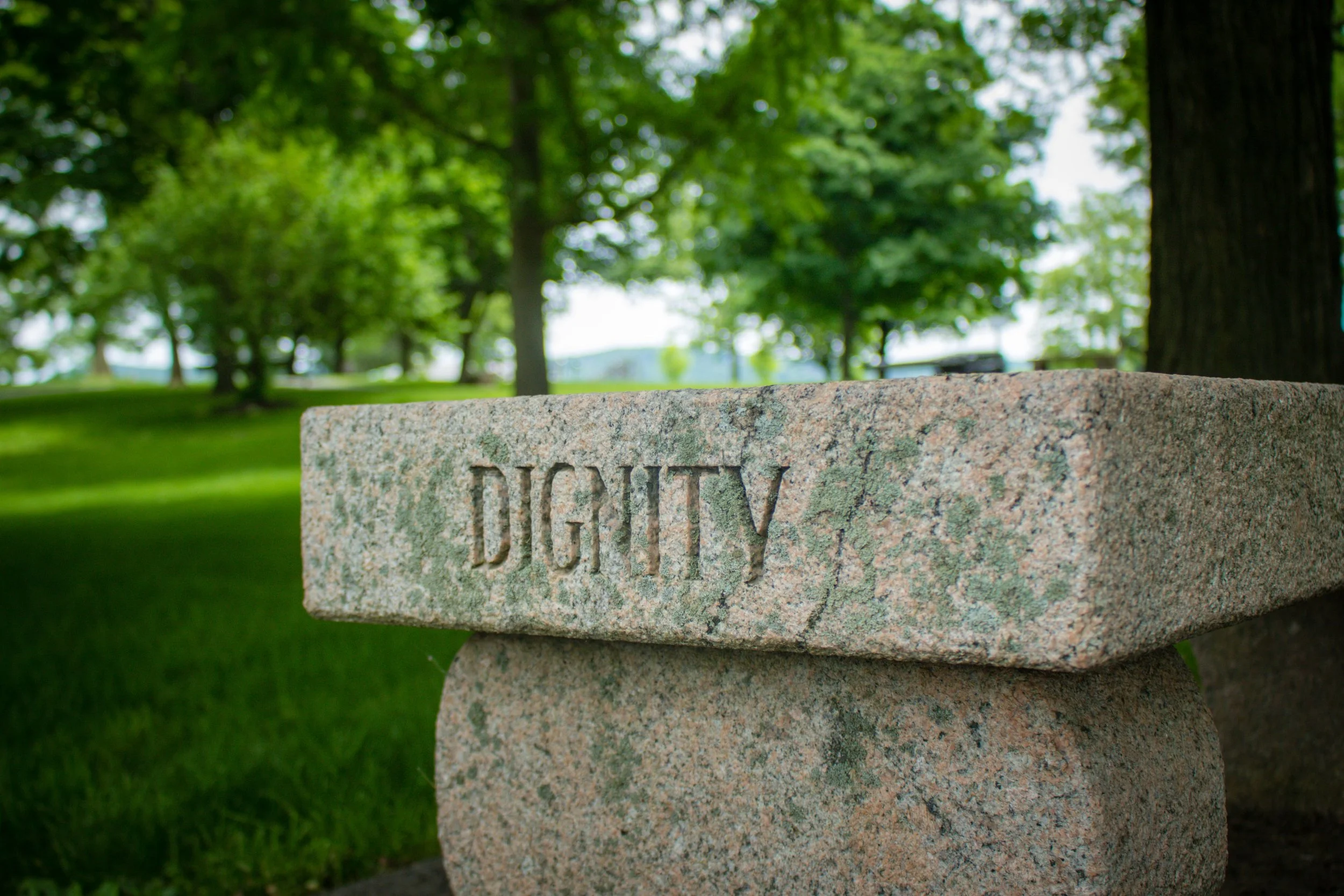Mobility is a fundamental aspect of human existence. As people age, maintaining and improving mobility often becomes a challenge. For residents in care homes or similar settings, compromised mobility can significantly impact their quality of life. This is where physical therapy (PT) steps in as an essential intervention. PT focuses on helping residents move better, reduce pain, and regain strength. Let's delve into how physical therapy plays a pivotal role in enhancing resident mobility.
Our goal is to help make your job a little bit easier by providing the exact assistance you need.




















